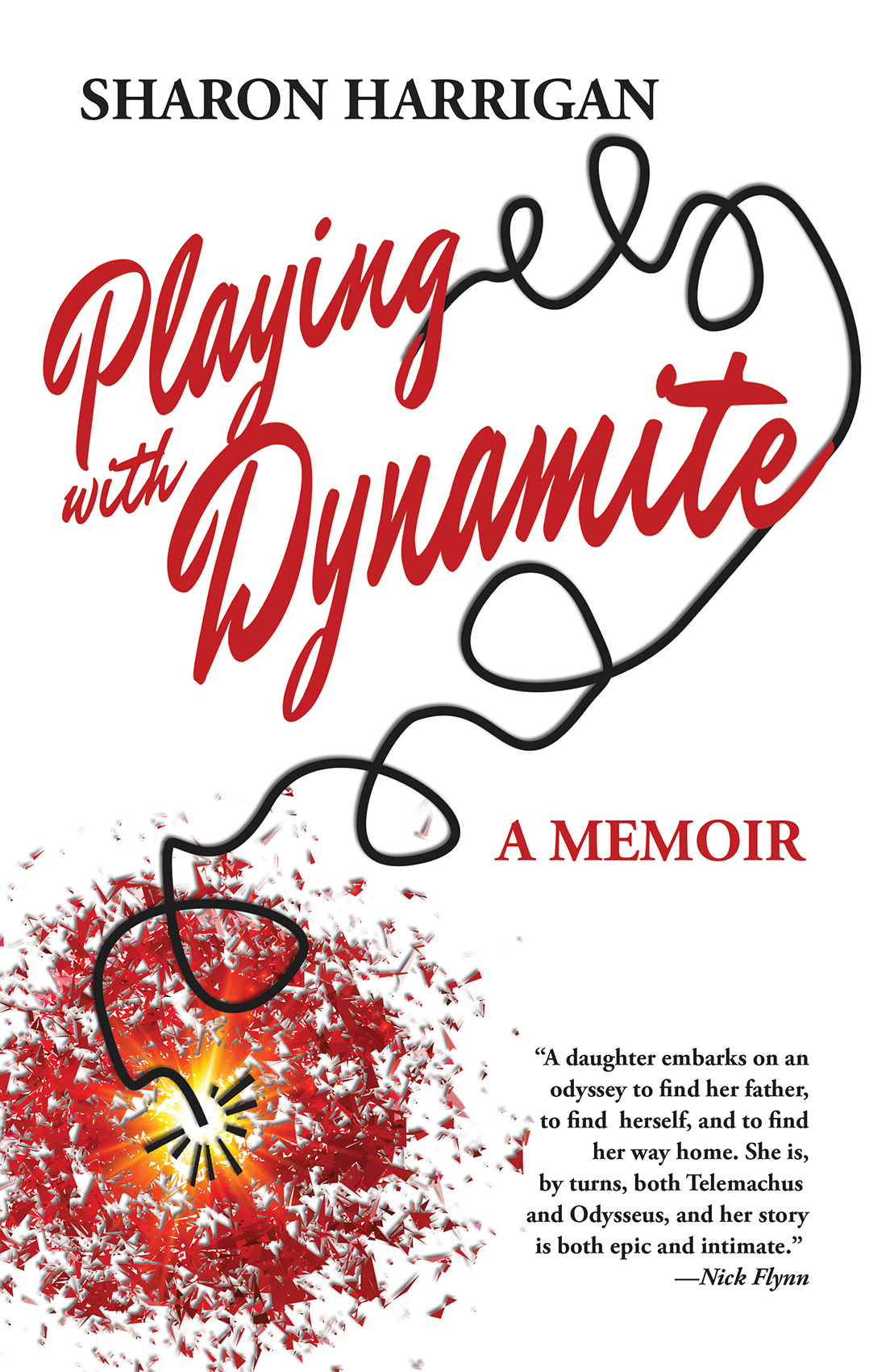What do you think?
Rate this book


248 pages, Paperback
First published October 1, 2017
When my father took my six-year-old sister on a trip to kill a deer, the deer killed him. They were still winding their way Up North, driving the four-hour trip from suburban Detroit to the country. In the pre-dawn fog, a buck ran into the middle of the road, the soft-top Jeep crashed, turned upside down, and crushed my father. My sister survived, and my mother was left to care for three small, bewildered children on her own. My brother was nine, I was seven. My father was thirty-two, my mother twenty-nine. The year was 1974.